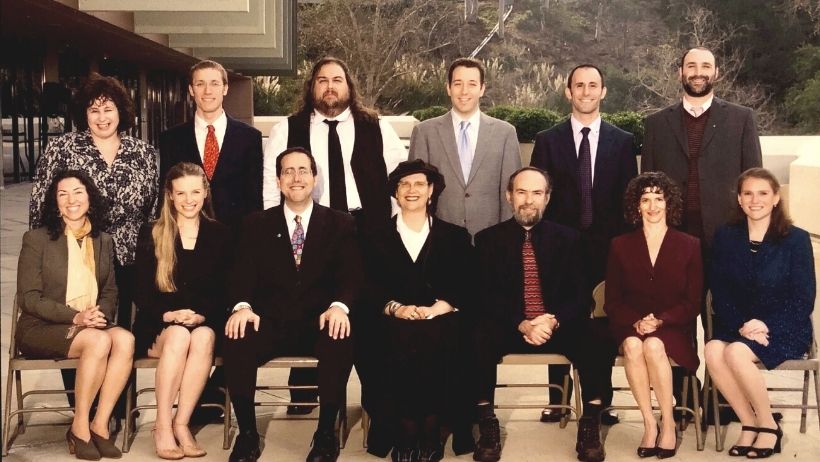What do you want to be when you grow up? A question that is asked repeatedly throughout our young lives. If you ask my son Matan what he wants to be, he’ll tell you a leaf blower or a vacuum cleaner (not the people who use these items, but the items themselves). If you ask Shiri, her answer depends on the day, but it’s usually a pop star or an artist/author like Eric Carle. No doubt these notions will change as they mature (Matan’s most certainly will). Do you remember your answer to this question from when you were a child? Are you actually doing one of the things you hoped to be doing?

Over the course of a lifetime, we may hold any number of different titles, positions, or even careers. Our purpose or calling in life might change based on our passions, strengths, or needs at any given time. This is one of the characteristics that makes us human: we have the ability to make clear choices, change our path, and fulfill multiple goals throughout our lives.
This week we read Parshat Vayera, where Abraham and Sarah contemplate the son that will be born to them in their old age. We then turn to Sodom and Gomorrah and Abraham’s attempts at saving the cities. This is followed by the birth of Isaac, additional covenants, and God’s final test of Abraham’s faith with the “Binding of Isaac.”
One item in the narrative of Abraham and the story of Sodom and Gomorrah which fascinates me is when we learn about different numbers of angels. Previously when Abraham encountered the angels, three of them were mentioned as they visited him in his recovery. Now we’re down to two, and by the end of the parshah we’ll only have one. Why this decrease in number? The Talmud suggests that an angel exists to perform one specific task, after which the angel disappears. In our text, one angel delivers the good news about Sarah and Abraham and their future, one destroys Sodom, and the third arrives to rescue Lot.
We often think of angels as God-like beings, and by definition that suggests they don’t face the same limitations we do. However, these angels serve only one purpose each, while human beings, on the other hand, can and do live to serve multiple purposes and to achieve countless accomplishments.
One of the deeper lessons of Parshat Vayera is that we as humans have been given something not even the angels have. We have the ability to change, and that is more powerful than any single purpose.



